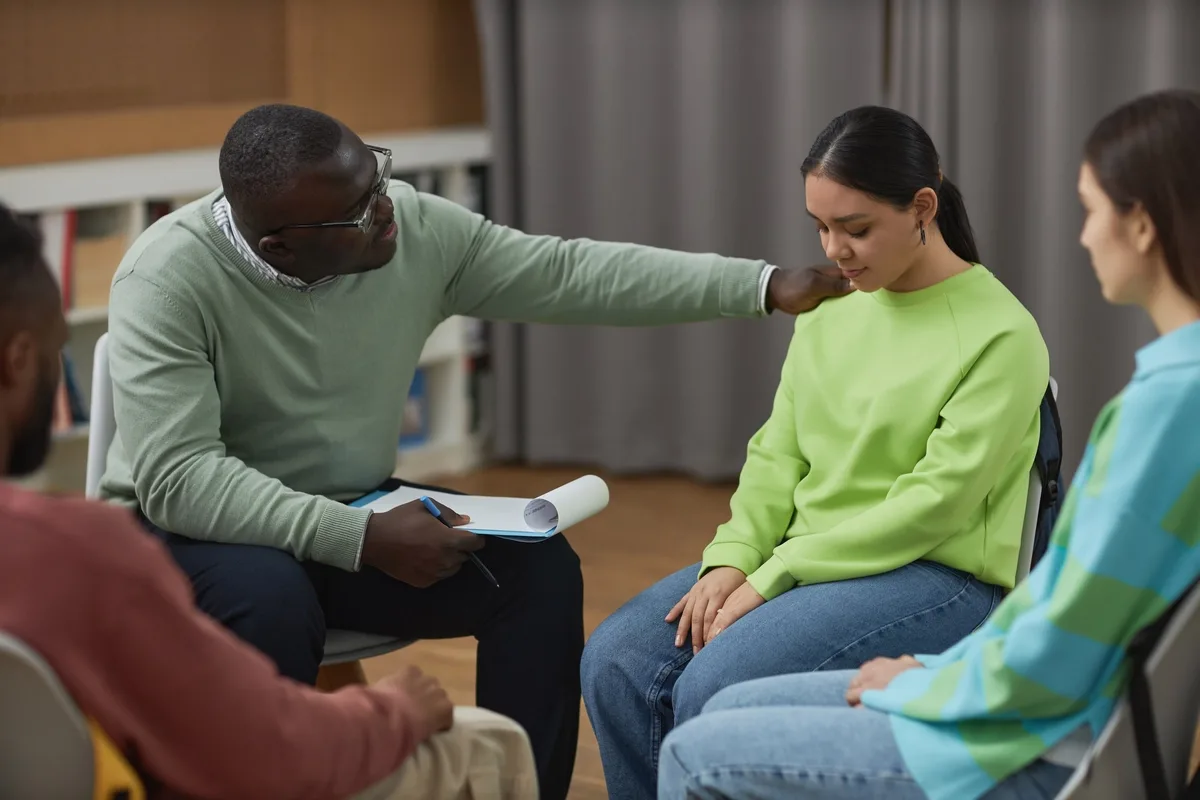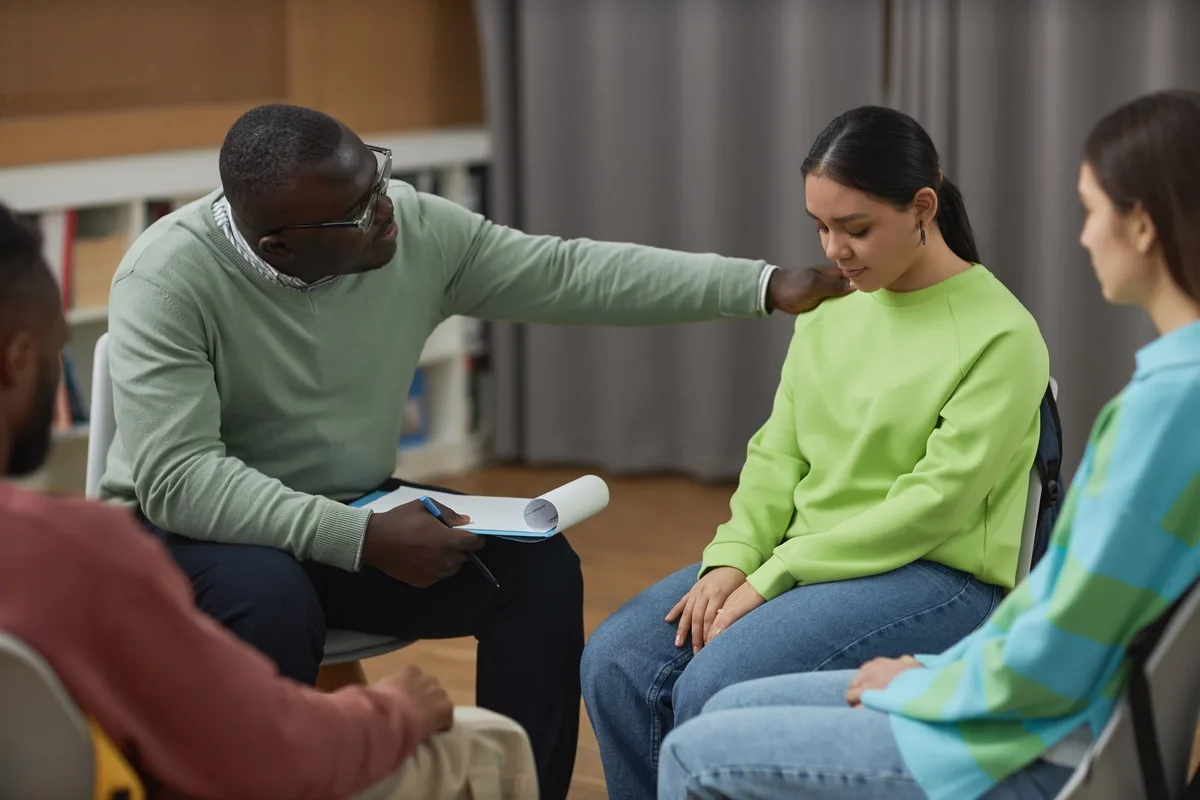When entering a rehab center for Group Therapy in West Portsmouth, individuals can expect an initial assessment to determine their specific needs and treatment plan. This assessment includes a comprehensive evaluation of physical health, mental health, and addiction history. Once in the program, patients will participate in a structured daily schedule that may include group therapy, individual counseling, educational workshops, and recreational activities aimed at fostering community and individual growth. Group therapy sessions often focus on various topics, including coping strategies, triggers, and relapse prevention, facilitated by qualified staff. Residents can expect to develop meaningful connections with peers, enhancing their support networks during recovery. The environment is typically designed to be supportive and free of stigma, allowing individuals to engage openly in their recovery. Additionally, patients are encouraged to maintain open communication with their treatment team, as continued participation and feedback play a significant role in the overall effectiveness of the program. Respect, privacy, and safety are consistently prioritized, making the rehab experience a potentially transformative step towards lasting recovery.



































